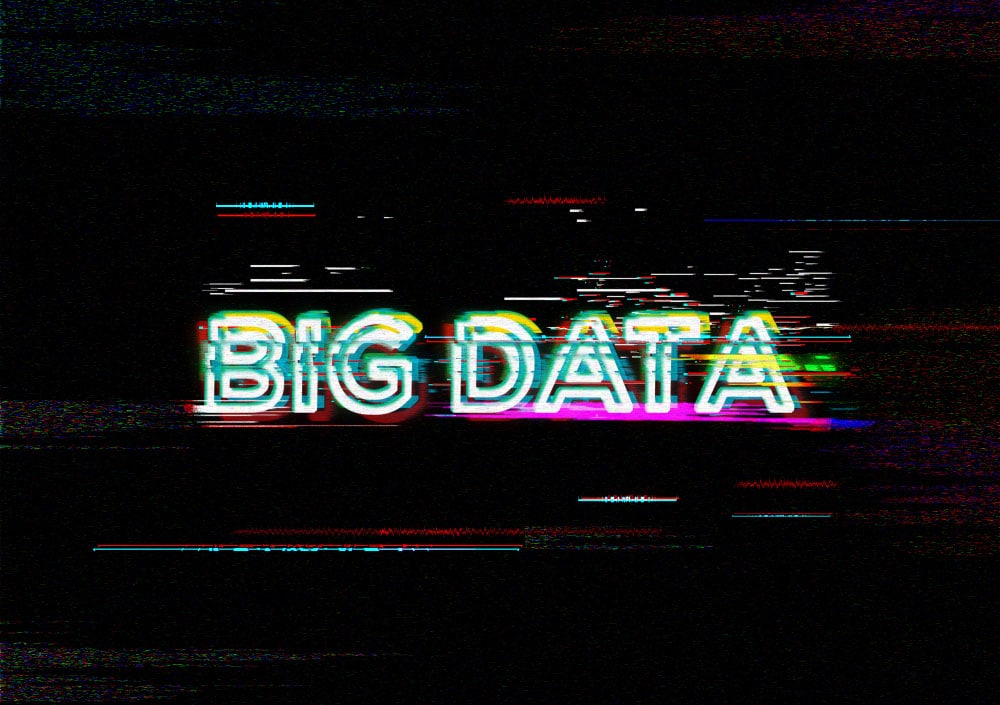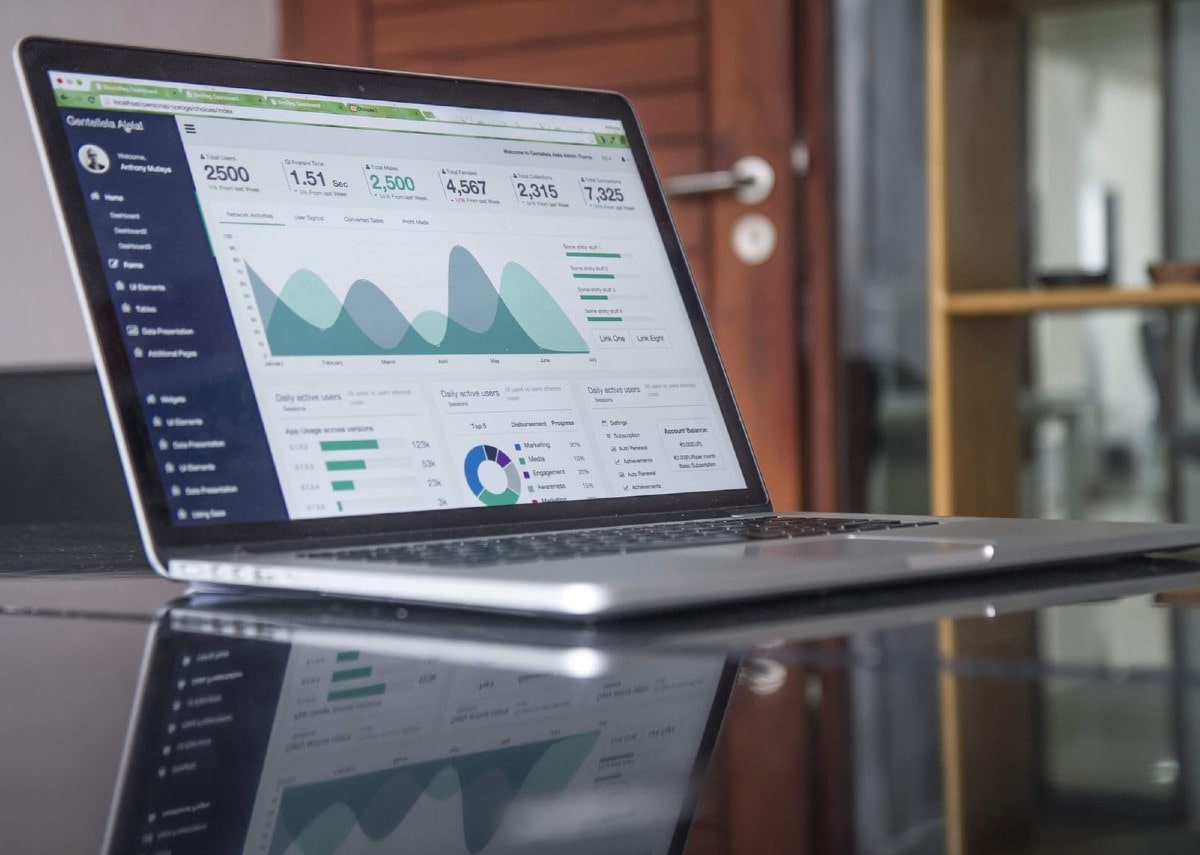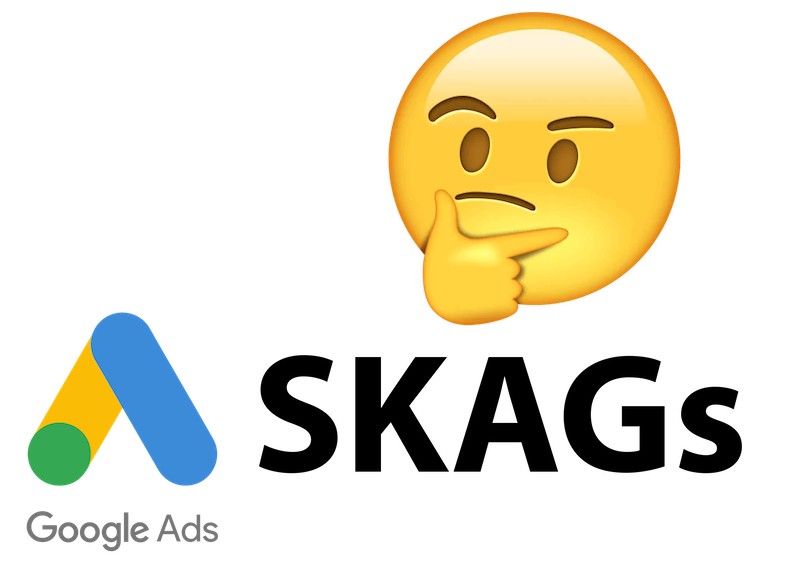
“We can have data without information, but we can’t have information without data“
Hello everyone, my name is Voin, I work as a Data analyst in “MarketMeFamous” DXB.
We are digital marketing agency that embodies the ideology of the “brain structure” – as in left side (calculations, analytics, research etc.) & right side (creativity, design, photography etc.)
We, as a company, firmly believe in self-education in the personal field of interests.
And what better way to do so then learning from someone that actually do that for a living. This is one of many posts to follow on the subject of data analysis, tools that we use, techniques that we follow and strategies that we implement in our work field and in our lives.
The quote in the headline is something that I personally, find very true and useful to understand, so again: “We can have data without information, but we can’t have information without data“
But what does this mean ?!
In order to understand this lets first look into the definitions of the words “Data” and “Information“.
Data: Facts and statistics collected together for reference of analysis;
Information: Facts provided or learned about something or someone;
In order to have useful and truthful Information, we will need to process and analyze the string (collection) of Data on which that Information is based on.
Information is only valuable if is based on Data, otherwise is just someones emotional based opinion, or most commonly known as a ‘Gut feeling’ – and if we decide to dig deeper, as in, “What ”Gut-Felling” means”?, we will find the pattern of Data-Analysis-Information.
We can always have unprocessed, raw collected Data and not have any Information out of it, however, in order to have true and valuable Information, we will always need Data to work with it.
Now that we understand the quote, let's see where in our lives we have and use Data and Information.
Whenever anyone is thinking about Data collection, they associate it with numbers and graphs on a spreadsheet, placed on someone’s computer used to show the performance of a certain business. And even though, that is one of the ways that we use Data collection, we fail to see that our brain works exactly on the same principle.
Let’s think of your apartment as spreadsheet and all the furniture inside of it as Data that has been collected. By analyzing how the furniture is positioned in the rooms we get the different types of Informations: what is the closest way to the kitchen; best place on the couch to watch a movie; best corner to work, read, sleep etc.
When we press the elevator button on the way to the supermarket, we see on which floor the elevator is, we then assume, from previous experiences, how long it would take to get to us, and based on that we make the Informed decision about whether we should wait for it or just take the stairs.
In the supermarket while browsing through the shelves and products, we choose our favorite items, or if we are faced with the decision of choosing something different our brain automatically collects the Data of similar products, analyse the Data by certain criteria (taste, country made, cost, expiration date etc.) and eventually we make a decision to buy one or several of those products.
In all three examples, several things keep on happening:
- Surveying your surroundings – Data collecting;
- Finding best way to act on the subject – Analysing (Processing, Thinking);
- Finding out best options for you – Information (or Processed Data);
- Acting on that information – Informed decision;
We can go on and on and on, with different situations and different scenarios, just to eventually find out that every moment in our lives is locked in the circle of Data and Information.
We do the job of analyst 24/7 without even knowing, and if you stop to think about it, that is something really amazing.
The relation Data-Information can further be expanded as a DIKW – Data Information Knowledge Wisdom concept, something that people researched and worked on for decades.
Here is a graph representation of the concept itself.
In this post we wouldn’t dive into DIKW, however in case you are interested more on this subject, click on this link.
In summary, we, as spices, operate based on Data and Information, most of the time without knowing, as it is something that the brain does automatically.
Even those ‘Gut feelings’ are based on Data and Information, (in order for them to arise, some micro analysis happens deep down in our brain).
By understanding this concept, realizing the difference between the Data and Information and their correlation, we would be able to observe all of it as it happens to us and hopefully be able to use it in order to better understand everything that we decide to tackle.
Hope you’ve enjoyed this post and understood a bit more about the importance of Data and Information.
In the following posts, we will focus more on the technical side of things and the use of Data Analysis in the work field.
Popular Posts
-

Is Influencer Marketing Really Worth It?
July 19, 2020
-

Top 5 Ways to Improve Engagement with Fo...
June 23, 2020
-

10 Key Tips for Writing Online
March 15, 2020
-

Guide to Strategizing and Distributing C...
August 29, 2019
-

To Skag Or Not To Skag
August 18, 2019

COMMENTS
Leave a Comment